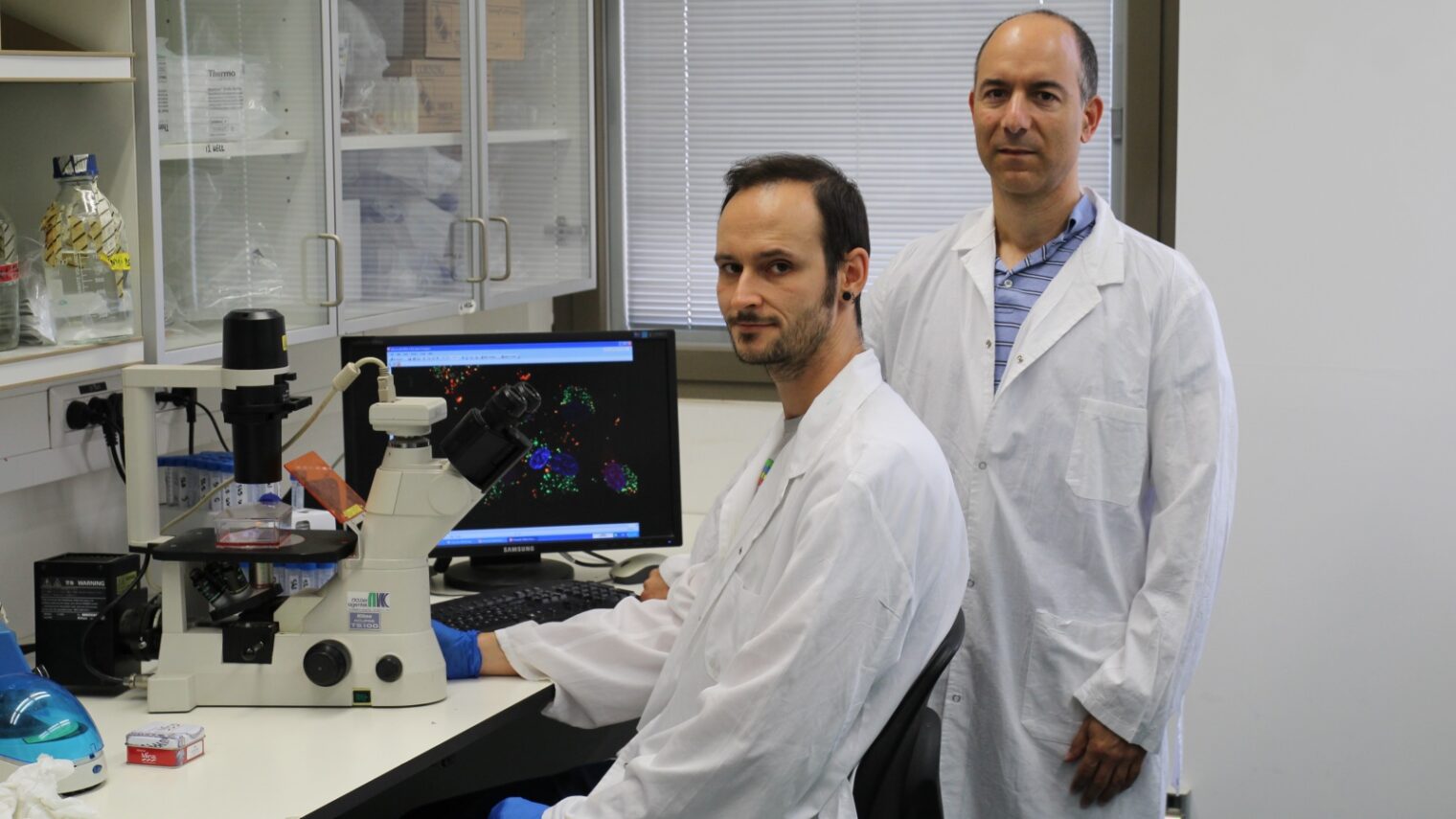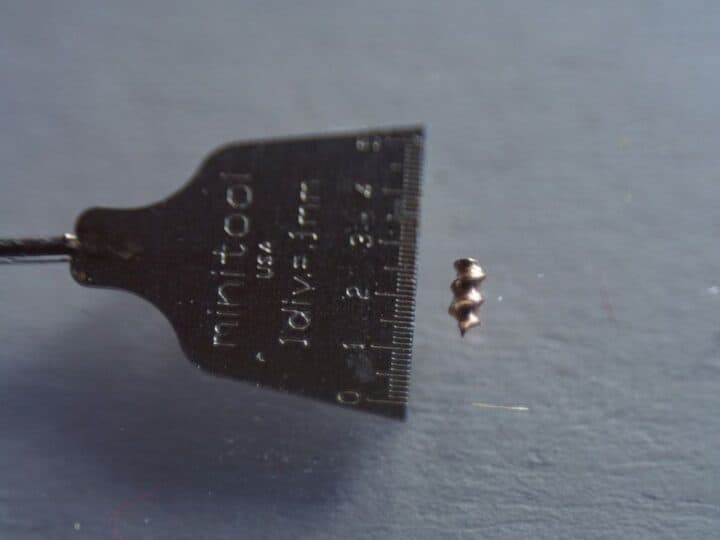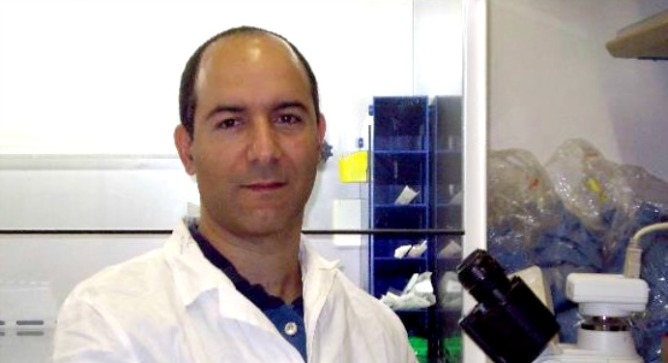A new treatment for aggressive brain tumors (glioblastoma) shows great promise, according to a report by Israeli scientists that was published recently in the journal Nucleic Acids Research.
Glioblastoma is a serious and incurable brain cancer. Patients receiving this diagnosis typically have 11 to 20 months to live. One of the main difficulties in treating this cancer is that its cells quickly build up a resistance to chemotherapy.
A team headed by Prof. Rotem Karni and PhD student Maxim Mogilevsky at Hebrew University’s Institute for Medical Research-Israel Canada (IMRIC) designed a molecule that inhibits glioblastoma tumor growth by regulating the proteins it produces.
Karni explained that the MKNK2 gene produces two different protein products through a process called “RNA alternative splicing.” These proteins have two opposing functions: MNK2a inhibits cancer growth, whereas MNK2b supports cancer growth.
Karni’s new molecule shifts the splicing of MKNK2 so that production of the tumor-stimulating protein decreases, while production of the tumor-suppressing protein increases. As a result, cancerous tumors decrease or die.
“Not only can this breakthrough molecule kill tumor cells on its own, it has the power to help former chemotherapy-resistant cells become chemotherapy-sensitive once again,” said Karni.
Novel approach
In the study, lab mice were injected with human glioblastoma tumor cells and developed tumors.
In those mice that were treated with the new molecule, tumors shrank or died off completely, as opposed to the control mice treated with an inactive molecule.
“Our research presents a novel approach for glioblastoma treatment. In the future, we’ll be able to tailor treatments for patients based on the amount of cancer-inhibiting proteins that their tumors produce,” said Karni.
A patent for this technology has been registered and granted in the United States and Europe through Yissum, Hebrew University’s technology-transfer company.
Also participating in the “Modulation of MKNK2 alternative splicing by splice-switching oligonucleotides as a novel approach for glioblastoma treatment” research were Adi Mogilevsky of IMRIC; Odelia Shimshon and Eylon Yavin of the Hebrew University Pharmacy School’s Institute for Drug Research; Saran Kumar and Eli Keshet of the university’s Department of Developmental Biology and Cancer Research; and Florian Heyd of the Institute of Chemistry and Biochemistry’s Laboratory of RNA Biochemistry at Freie Universität Berlin.
Funding came from the German-Israel Foundation, Israel Innovation Authority, Israel Science Foundation, Israel Cancer Research Fund, Israel Cancer Association, Henry & Merilyn Taub Foundation and the Carol Epstein Foundation.















